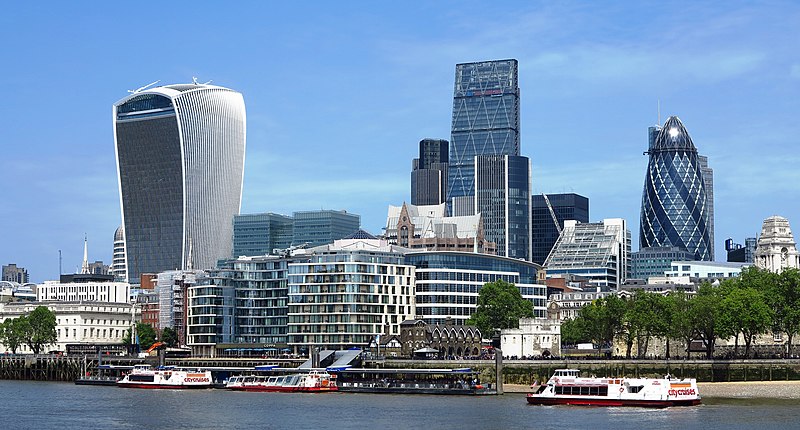
The UK economy slid into recession in the final quarter of 2023, as indicated by official data revealing a larger-than-anticipated contraction.
Between October and December, the Gross Domestic Product (GDP), a crucial gauge of economic health, declined by 0.3%. This downturn follows a previous drop in GDP during the preceding three-month period, meeting the criteria for a recession.
This news deals a blow to Prime Minister Rishi Sunak, who had pledged to prioritize economic growth as one of his key objectives in January 2023. The impending unveiling of Chancellor Jeremy Hunt's latest Budget adds pressure, with only a few weeks left.
Rachel Reeves, the Shadow Chancellor, criticized Sunak's economic stewardship, asserting that the GDP decline undermines his promises. Politically, GDP growth or decline serves as a benchmark for assessing government performance; an increase indicates effective governance, while a decrease is often interpreted as mismanagement.
The economic implications are far-reaching, affecting tax revenue and government spending on essential services such as education, law enforcement, and healthcare. To address the economic downturn, Treasury sources suggest a potential reduction in public spending to facilitate tax cuts, although final decisions remain pending.
Amidst concerns over rising interest rates and inflation, Hunt remains cautiously optimistic, suggesting indications of a turnaround in the economy. However, Reeves attributes the recession to Sunak's policies, expressing deep concern for families and businesses nationwide.
The Office for National Statistics reports a slowdown across all major sectors, including construction and manufacturing, contributing to the worse-than-expected decline in GDP. Economists speculate on the potential impact on monetary policy, with suggestions that the Bank of England may consider interest rate cuts to stimulate economic activity.
Despite the recession, annual economic growth for 2023 remained marginal, with a mere 0.1% expansion. Liz McKeown of the ONS notes that while the economy contracted over two consecutive quarters, the overall performance for the year was relatively stagnant. Nonetheless, excluding the tumultuous Covid-affected years, 2023 witnessed the weakest annual growth since the aftermath of the 2008 global financial crisis. Photo by Philippe Salgarolo, Wikimedia commons.


































